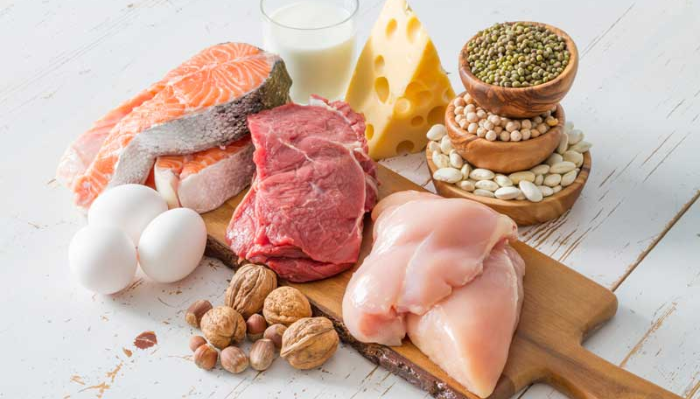
Ayurveda has long emphasized the importance of how we combine foods especially those involving milk. Combinations like milk with fish, meat, or sour fruits are frequently brushed off as old myths or cultural taboos. But modern science is now beginning to reveal the biological reasons behind these ancient cautions—reasons tied to digestion, inflammation, and toxin buildup.
In Ayurveda, this principle is known as Viruddha Ahara—incompatible food pairings that disturb digestion and weaken Agni, the digestive fire.
And among all food types, milk is one of the most commonly mispaired ingredients.
In this article, we’ll explore food combinations with milk that Ayurveda warns against—known as SamyogaViruddha—and examine how modern science is beginning to validate these age-old insights.
Ayurveda classifies milk as sattvic—pure, nourishing, and grounding.
But here’s the catch: milk is also heavy and cooling, making it easily disrupted when combined with the wrong foods.
Let’s dive into the most common incompatible milk combinations, along with the Ayurvedic reasoning—and the fascinating science that backs it up.

Ayurvedic View: Similar Guna (Qualities): heavy
Milk and fish are both heavy and mucus-forming—making them Kapha-aggravating. This may weaken Agni (digestive fire), increase in mucus and eventually lead to ama.
Note: Seawater Fish is also pitta aggravating.
Scientific View: Histamine increase- causing inflammation
Both increase histamine levels, which can lead to allergic reactions and inflammation. When consumed together, this may cause histamine overload, leading to allergic reactions or intolerance—akin to Kapha imbalance from fish and milk.
Real-Life Impact: those with sinus, eczema,skin issues or congestion should especially avoid this pairing.
Ayurvedic View: Similar Guna (Qualities): heavy and cold
Both are heavy and cold. Together, they burden digestion and increase mucus. This can aggravate Kapha and cause sluggishness or congestion.
Scientific View: Mucus increase
Real-Life Impact: Congestion and mucus buildup especially in people suffering from too much congestion or Kapha aggravation.
Ayurvedic View: Opposite Virya (Potency): Heating vs Cooling
Scientific View: Casein in milk disrupts digestion process of proteins
Real-Life Impact: Bloating, gas. So people with weak digestion should be careful with combining the two.
Ayurvedic View: Opposite Rasa (Taste): Sweet vs Sour
Scientific View: Acid-Induced coagulation – Slowing Digestion
Real-Life Impact: Bloating, Gas, Poor Nutrient Absorption
Ayurvedic View: Opposite Guna (Qualities): Light vs Heavy
Melons are light and quick to digest, while milk is heavy and slow. Combining them can result in digestive mismatch.
Scientific View: different rates in digestion
Real-Life Impact: bloating and gas,
While no direct study links melon and milk specifically, the concept of different digestion rates supports this Ayurvedic claim of not mixing melon and milk.
If you’ve been eating these combinations your whole life without trouble, you might feel fine—thanks to Satmya (tolerance developed over time through generations). But if you’re dealing with skin issues, gut problems, allergies, or chronic inflammation, it might be worth aligning with Shuddha Bhojana—food that’s appropriate for your dosha, season, and Agni.
Ayurveda has long warned that certain food combinations can disrupt digestion, cause inflammation, and lead to the buildup of ama (toxins). Today, Western science is gradually catching up to what Ayurveda has understood for centuries. Whether the ancient research was lost over time or the vaidyas possessed insights beyond conventional perception, their conclusions continue to stand the test of time.
Ancient Ayurvedic warnings about milk combinations is getting biochemical validity, especially regarding protein coagulation, digestion rates, and microbial interactions.
Simmi Chopra is a highly accomplished Ayurvedic Practitioner with a unique blend of expertise in traditional Ayurveda and modern science. Trained in the ancient healing system, she completed the prestigious Ayurveda Doctor program from Kerala Ayurveda. Based in New York City, Simmi practices at SIDH Ayur, where she offers personalized Ayurvedic therapies, dietary guidance, lifestyle recommendations, and herbal solutions to help clients achieve holistic balance. Check out her YouTube link – https://youtu.be/3cQHoMz19w4